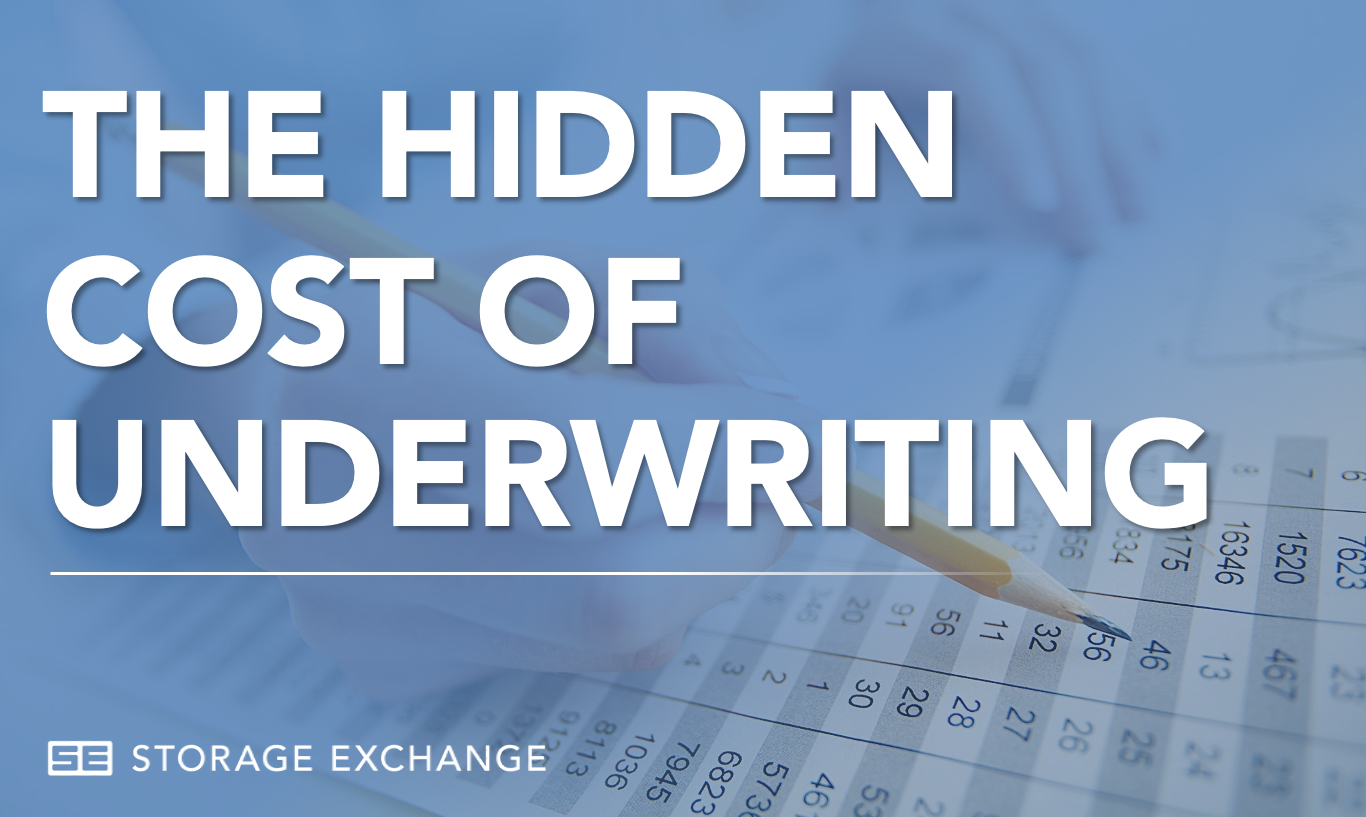
For most self-storage operators, bookkeeping feels like a chore. Leasing units and managing day-to-day operations always take priority. Then refinancing or a sale comes along, and suddenly, messy financials can quietly erase six figures from your property’s value.
Many operators assume valuations hinge solely on Net Operating Income (NOI). Buyers and lenders are also evaluating the credibility of that NOI. When income and expenses aren’t clearly documented, they become a risk. That risk shows up through lower offers, tougher loan terms, or extended closing timelines.
Take a simple example. Ten thousand dollars sitting in “miscellaneous expenses” might not concern you, but to a buyer it’s an unexplained recurring cost. At a 6.5% cap rate, that one line item can reduce your valuation by more than $150,000.
Where Value Gets Lost
1. Vague Expense Categories
Grouping costs into broad buckets like “repairs” or “administrative costs” forces underwriters to inflate operating assumptions. Buyers prefer line-item clarity: payroll, utilities, insurance, landscaping, marketing, and software. Without it, they assume the worst, lowering your NOI. Mixing personal expenses into property financials is another pitfall. Phone bills, vehicle costs, or family wages are typically disallowed unless meticulously documented, reducing NOI and valuation, even if your property outperforms the numbers.
2. Invisible Ancillary Income
Tenant insurance, late fees, retail sales, and truck rentals can meaningfully boost revenue, but only if captured correctly. When $15,000 in tenant insurance income is buried in base rent, underwriters may not include it. At a 6.5% cap rate, that oversight alone can eliminate roughly $230,000 in value.
Why Clean Books Pay Off
Accurate financial reporting isn’t just about preparing for a sale. It creates immediate operational benefits:
- Identify profit leaks before they grow
- Optimize rates and expense controls using real data
- Streamline tax reporting and maximize eligible deductions
- Benchmark performance against comps with confidence
Clear books give you leverage long before you go to market.
Five Steps to Protect Your Equity
Improving underwriting outcomes doesn’t require an accounting degree. Start with these essentials:
- Use cloud-based accounting software for property management and bookkeeping
- Separate personal and business expenses completely
- Standardize expense categories to align with industry norms
- Maintain digital rent rolls and update them monthly
- Track ancillary income separately to showcase all revenue streams
The Bottom Line
Underwriting is where years of effort convert into market value. Clean, transparent financials can add or quietly subtract six figures from your equity. Don’t wait until you’re ready to sell to organize your books. Treat financial accuracy as a strategic investment so you capture your full value when the moment arrives.
To learn more or discuss your property value, reach out to the Storage Exchange team today!

Liam Duddy,
Director of Investment Sales
(949) 439-5271
liam@storageexchange.com
About Storage Exchange
Storage Exchange is a national real estate firm specializing in the acquisition, disposition, and advisory services for unique and alternative asset classes. With a focus on understanding the operational nuances that maximize value, Storage Exchange provides tailored solutions for clients across a range of specialized assets. For more information or to connect with the team, visit storageexchange.com.
Source: Storage Exchange




